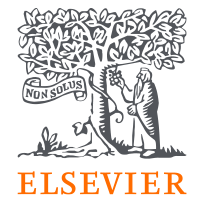OnDemand
National Study on Civility and Incivility in Nursing Education: Strategies to Build Cultures of Connection and Belonging
National Study on Civility and Incivility in Nursing Education: Strategies to Build Cultures of Connection and Belonging
Missed the Live Webinar?
Oops, there was an error in sending in downloading your video.
Please try again later.
Incivility and other forms of workplace aggression damage relationships, threaten quality of life, contribute to mental and physical illness, and leave individuals feeling vulnerable and devalued. Moreover, incivility in nursing education can have a ‘‘spill-over’’ effect into the practice environment and negatively impact worker and patient safety. This thought-provoking session provides a deepened and empirical understanding of faculty and administrator incivility and offers a variety of evidence-based strategies to build and sustain healthy academic work environments and cultures of connection and belonging.
TAKEWAYS
Describe civility within the context of diversity, equity, inclusion, and belonging.
Discuss findings from a 2020 national study regarding civility and incivility in nursing education.
Explore evidence-based strategies to foster civility, healthy work environments, and cultures of belonging.
SPEAKER
Cynthia Clark PhD, RN, ANEF, FAAN
Dr. Cynthia Clark is an award-winning professor, scholar, author, Professor Emerita at Boise State University and Founder of Civility Matters™. She is a leading expert in fostering civility and healthy work environments around the globe. Her groundbreaking work on fostering civility has brought national and international attention to the controversial issues of incivility in academic and work environments.
Dr. Clark is a fellow in the American Academy of Nursing, the NLN Academy of Nursing Education, and served as co-chair for the American Nurses Association Professional Panel on Incivility, Bullying, and Workplace Violence. Dr. Clark's current research includes preparing nurses to address incivility in the practice setting; bridging the education-practice gap to create positive work cultures, designing and testing empirical instruments to measure and address incivility; integrating civility, professionalism, and ethical practice into nursing curricula; and conducting intervention studies to measure the effectiveness of cognitive rehearsal and evidence-based ‘scripting’ to address incivility and protect patient safety.
Dr. Clark is also well known for her expertise in scholarly teaching and learner-centered pedagogies. She has mentored dozens of faculty members in their growth as scholarly and inclusive educators and has conducted numerous assessments to assist faculty in improving their pedagogical approaches.

Sign up to receive the latest news and updates from the NLN, AMN® Healthcare and Elsevier Nursing & Health Education.
Contact Us
We will get back to you as soon as possible.
Please try again later.
By subscribing, you agree to receive news, updates and promotional messages from the NLN, AMN® Healthcare and Elsevier Nursing & Health Education. You may opt-out at any time.




